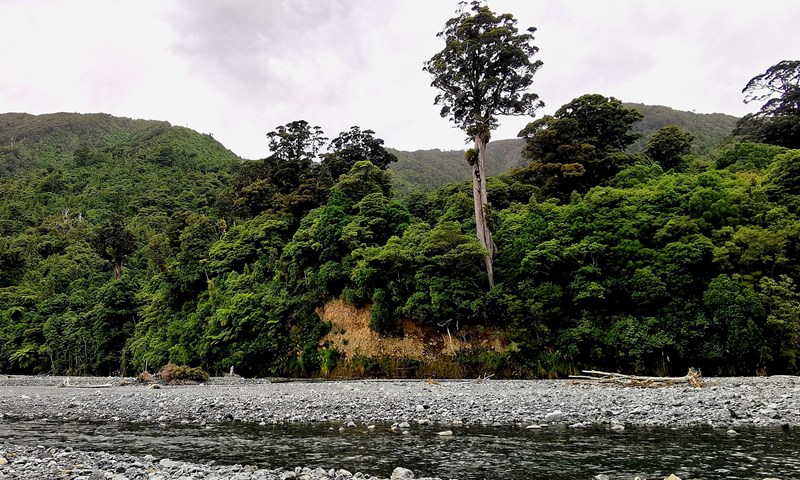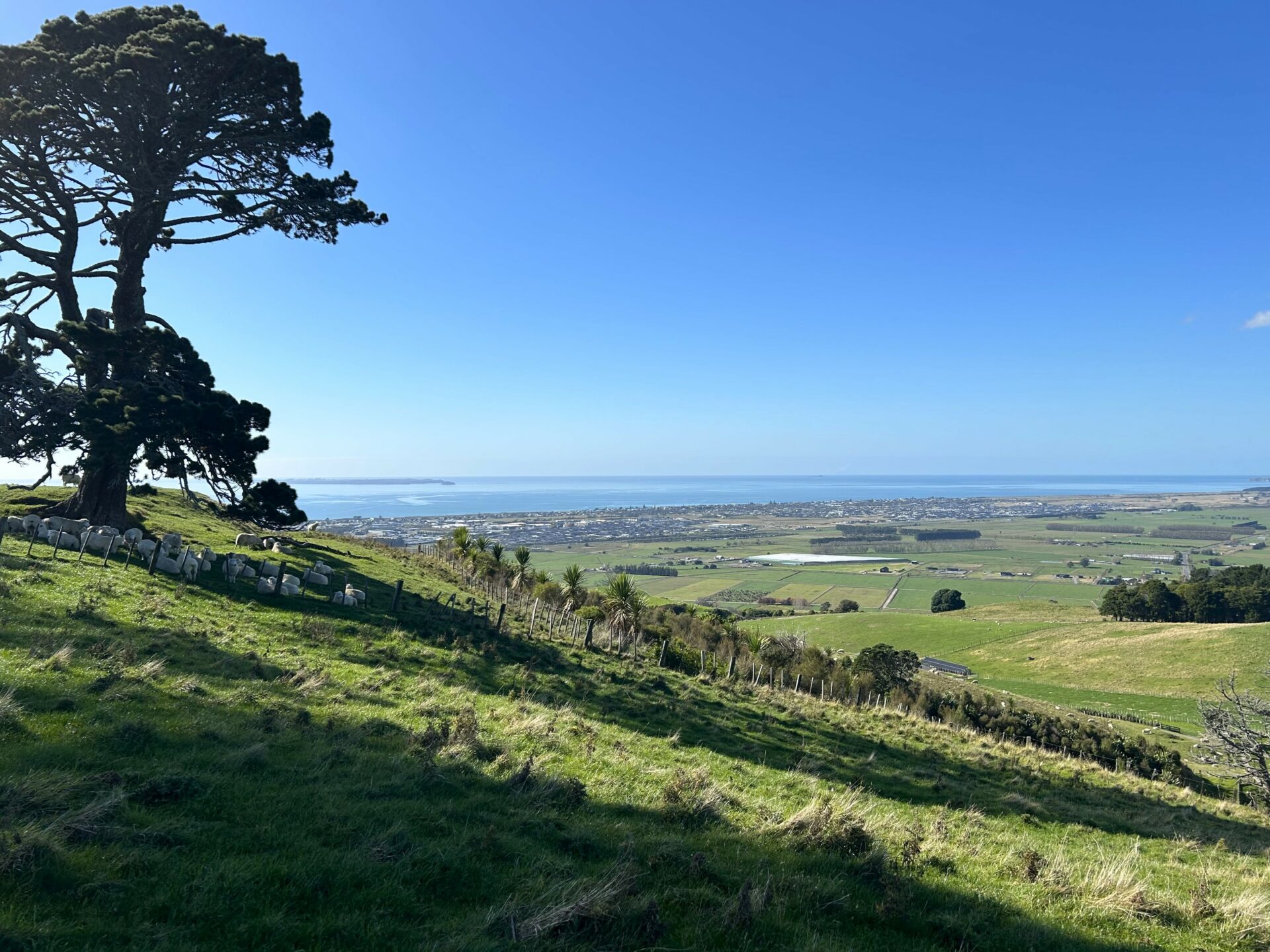Resource management law reform is here – the policy and planning structure explained
Fulfilling its promise, the Government introduced the two Bills that are intended to replace the Resource Management Act 1991 (RMA), these being the Natural Environment Bill (NEA) and the Planning Bill (PA).
The intention appears for these Bills to read for the first time in the coming week, and for them to be enacted in mid-2026.
This memorandum will address the policy and planning structure of the new system. For information about changes to the consenting process please see our article here.
By in large, the Bills follow the recommendations made in the blueprint for RMA reform produced by the Expert Advisory Group in March 2025. Each Bill serves an interrelated although distinct purpose but both seek to establish a framework for how the new system will operate, being:
For the NEA, for the use, protection, and enhancement of the natural environment; and
For the PA, for planning and regulating the use, development, and enjoyment of land.
How is the new system structured?
The Bills establish a hierarchy of instruments, similarly to that under the RMA. Each instrument must implement the instrument directly preceding it in this hierarchy (and must only implement a higher instrument if there is a requirement to do so in that higher instrument). This hierarchy is as follows, in descending order:
Goals
National Policy Direction
National Standards
Regional Spatial Plan
Land Use Plans and Natural Environment Plans
As was, and is, the case for the RMA the devil lies in the detail so it is likely that the detail of matters such as the allocation of resources, status of particular activities, etc will be fleshed out in greater detail in the national level documents. It will be important to stay abreast of the changes being made so that you can participate in all relevant stages of implementation of the new system (where you are able to) to ensure that your particular interests are put forward and preserved.
Goals
Comparatively to the expansive purpose of the RMA, the purposes of the Bills are intended to be deliberately straightforward and descriptive. Instead of an overarching purpose, the substantive direction for the system is provided by the goals in the Bills which must be sought to be achieved when undertaking functions or duties or exercising powers under the Bills. The goals sit at the top of the hierarchy but there is no inherent hierarchy within the goals themselves. These goals are intended to define the outcomes that the systems are trying to achieve –
The PA’s goals are centred around matters such as separation of incompatible land uses, enabling development of land, planning for infrastructure demand (current and future) and protecting outstanding natural features and landscape, and significant historic heritage.
On the other side of the coin, the NEA’s goals focus on use and development of natural resources within environmental limits, safeguarding the life supporting capacity of these natural resources, and achieving a no net loss of indigenous biodiversity.
Some RMA matters of national importance have been carried over into these goals, albeit with modification. Notably absent are goals concerning amenity values, climate change related effects, and the relationship with Māori with the environment.
There is also no “principles of Te Tiriti o Waitangi” provision, as the goals instead provide for Māori interests to be accounted for by way of consultation and participation in the process of creating the planning instruments. This is a pivot from the Te Tiriti provisions in the RMA, and the Bills are prescriptive in how they meet the Crown’s Te Tiriti obligations. Notably, the Bills provide for negotiation between the Crown and PSGE as to how existing and new Treaty settlements will operate under this new system.
National Policy Direction
A combined National Policy Direction under each Bill will be prepared centrally and will particularise the goals and direct how they must be achieved. National Policy Direction will also address how conflicts between the NEA’s and PA’s goals are to be resolved. The Ministry for the Environment has advised that the first package of National Policy Direction will be released at the end of 2026.
National Standards
National Standards, like National Policy Direction, will be prepared centrally and will be intended to be an instrument that provides procedural, regulatory, and administrative consistency, specific direction on how a NEA or PA goal is to be achieved in relation to a matter that is not controlled or covered by a National Policy Direction. In our view these standards will have the most impact on how the lower level instruments will be formed.
Most notably, these standards will set some environmental limits and give direction as to the nation’s standardised zoning which for all intents and purposes are “rules” that must be implemented. With respect to environmental limits these must be set for air, freshwater, coastal water, land, soil, and indigenous biodiversity and are to be put in place to protect human health and the life-supporting capacity of the natural environment.
An important objective of the new system is the establishment of greater consistency between council plans across New Zealand through greater standardisation which will be driven for the large part by National Standards. This will be implemented by a National Standard that specifically addresses standardisation. Mechanisms are in place whereby a councils can depart from the standardisation which requires provision of a justification report, detailing why a departure is warranted.
Regional Spatial Plan
In the new system, there must be a combined plan for each region at all times, which will consist of a Regional Spatial Plan and a natural environmental plan (under the NEA) for the region and a land use plan (under the PA) for each district in the region. These are the main point of integration between the PA and NEA regimes. Unlike national level documents, Regional Spatial Plans are more akin to your “boots on the ground” RMA instrument, and are intended to set strategic direction for development and public investment in a particular region for a period not less than 30 years.
With respect to environmental limits prescribed in National Standards, Regional Councils are to implement these into their Regional Spatial Plans and if a less stringent limit is so be established, the Council must first provide a justification report to the Minister. No justification report is required if a Regional Council wants to establish a more stringent environmental limit.
Land Use Plans
Land Use Plans are established under the Planning Bill and regulate the use and development of land within a district and are by all means replacements of district and city plans under the RMA.
Natural Environmental Plan
This plan is prepared under the NEA by Regional Council and its purpose is to enable and regulate the use, protection, and enhancement of natural resources in a region and to assist Regional Councils in carrying out their functions and responsibilities under the NEA – these are akin to and replace regional plans under the RMA.
Under a NEA a regional council will be responsible for allocating natural resources which can be done through permitted activities and permits granted:
In the order in which applications are lodged (i.e. the status quo of first in first served);
Market-based consenting centred around auctions and tenders. This form of allocation is not permitted to be used until specified in a national standard which can also operational details as to how the process if to be followed; or
Comparative consenting which involves an assessment of applications that will use the same resource against one another taking into account the merits of each application and criteria set out in the relevant plan or a national standard.
What is the timeframe?
The RMA will continue to survive for the time being, until such time as the Minister is satisfied that the combined plans for every region have been notified. At such time, an Order in Council will be made that specifies the “transition date” which will bring to an end the “transitional period” (the transitional period begins one month after both Bills obtain royal assent). On the transition date the RMA will be repealed, the NEA and PA come into full force, and legal effect will be given to all Land Use and Natural Environment Plans. The PA specifies that the transition date cannot be later than 31 December 2027 and no sooner than 6 weeks after the Order in Council comes into force.
Whilst not confirming a specific date, the Government’s intention is that this entire process (i.e. final decisions on all plans are made) should be completed in 6 years (although depending on when the Order in Council is made, the RMA may only survive for a portion of that 6 year period).
Environmental limits
We touched on environmental limits earlier, but this is an important change in the new system as it has a big impact on use of finite resources. Environmental limits are:
Human health limits, set by the responsible Minister in national standards; and
Ecosystem health limits, set by regional councils in its natural environment plan. The detail of how these limits are to be set will be set out in the national standards.
These environmental limits can require:
An action plan (being a plan developed by a Regional Council setting out decision making processes, reviews of permit conditions, and preparations of rules in a natural environment plan);
A cap on natural resource use (i.e. a maximum amount of a particular resource, e.g. water from a River, that Regional Council may allocate through plan rules and permits); or
Both an action plan and cap.
Regional Council is required to avoid breaching the set environmental limits and must take action if a limit is breached or if there is sufficient evidence to indicate that a limit will be breached.
Regulatory relief
The PA establishes a regulatory relief framework in which Councils are required to consider the impact on private landowners as a result of planning controls on indigenous biodiversity, significant natural areas, significant historic heritage, sites of significance to Māori, outstanding natural features and landscapes, and areas of high natural character. Where any controls create an impact on the landowner that is more than minor, the council must provide relief. Relief can take a variety of forms including, but not being limited to, development rights, no-fee consents, rates relief, access to grants, provision of expert advice, monetary compensation, or land swaps.
This is a rapidly changing area of New Zealand’s law and will eventually impact every person in the country in one way or another. We will continue to release further detailed updates on the Bills as changes are made. If you would like to know more about how these changes will affect you, or you would like assistance drafting a submission (once the submission period dates are announced), please contact one of our Resource Management team members below.



